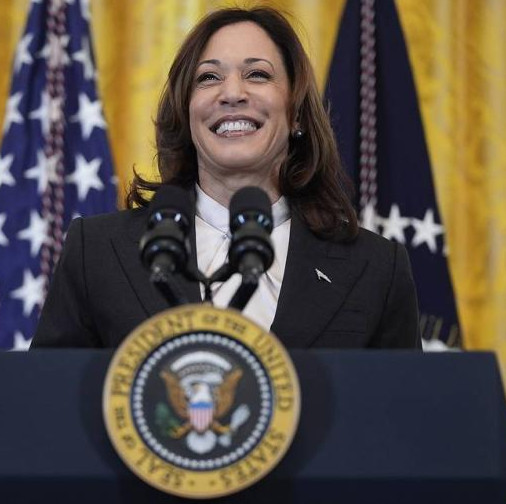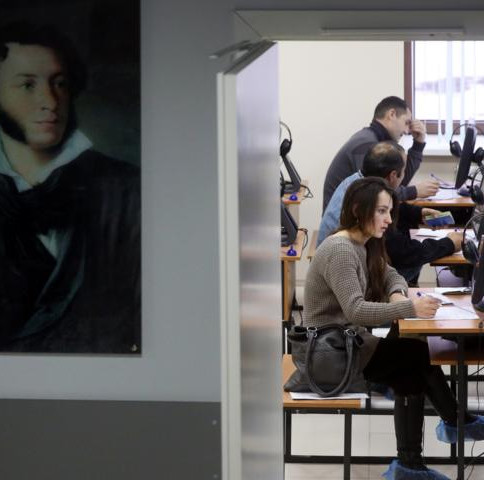December 17 saw the Court of Arbitration for Sport (CAS) rule out to ban Russia's participation in international competitions arranged by the СAS founders as represented by the International Olympic Committee, the Winter Sports Association, the Summer Sports Association and the Association of National Olympic Committees (ANOC). The ban will remain valid for two years and is primarily applied to the Olympic and Paralympic Games that fall within this period.
The decision was made on the claim by the World Anti-Doping Agency (WADA) against that of Russia (RUSADA).
The judgment is notable for its unprecedented nature. It refers to a ban against the political leadership of Russia (paragraph 4, subparagraph b) to attend the Olympics and Paralympics. According to the charter documents, the CAS is not empowered to consider political issues and doesn't have power of judgment in relation to foreign politicians. As you know, to kick-start the CAS activity there should be a decision by the Swiss court, which ruled in 1993 that the CAS is given the right to consider sports disputes. The Swiss court's verdict was fixed in 1994 by the Paris agreement reached by the co-founders.
The ban is clearly far beyond the CAS powers and does not correspond to the claim's subject-matter – WADA's claims against RUSADA. Neither the CAS powers nor the subject matter of the claim provide ground for imposing restrictions on foreign statesmen. The solution sought seems kind of an overture to test the CAS claims for a "new" status on the example of Russia and position itself as an organization equal to the UN. To date, such bans have not been adopted in relation to other countries. One can see the intention to create a precedent, which may become part of the CAS activities if the international community keeps silent, and then migrate to other industry-specific international organizations. Will such a trend improve international understanding, which is extremely distorted by various factors enough as it is? It stands to reason that there is a need for an extensive, thorough international discussion of CAS powers' content!
It is reasonable to ask how unbiased the CAS decision is in the capacity of the highest arbitration court in international sports. It should be noted that finding a balanced approach in the CAS solution is extremely difficult. It virtually reproduces WADA's peremptory statements. Once we extract the fundamental points from the decision's wording, it feels like CAS has simply legalized or, to put it bluntly, "rubberstamped" WADA's claims against RUSADA.
In other words, these claims have become legal within the CAS authority starting December 17. And what about the anti-Russian campaign WADA has been waging since 2016? Now that WADA has applied to CAS, it was not sure of its claims. For the Russian side, there is a reason to assess WADA-induced damage in 2016-2020, i.e. before the CAS decision. Thus, the campaign started by WADA caused Russia's unproductive expenses in 2016-2020. It is necessary to sum them up and to get comprehensively discounted, including expenses for training the athletes and losses from their non-participation. It should be kept in mind at the same time that compensation claims can be lodged at the opportune moment in relation to both organizations and specific individuals, regardless of whether they will hold any posts at that time.
In this regard, is it appropriate to consider the CAS judgment in relation to sports alone? It might be possible unless the present decision by the CAS, as well as WADA's previous ones blended seamlessly into the general political practice of sanctions that is being formed by the community of Western countries. There are good reasons to qualify decisions by CAS and WADA as a kind of sanctions. In this sense, we can talk about sanctions frenzy, which cannot be effaced from the memory of Western states. Probably, conspiracy theory lovers will find enough facts and time links in order to allow for CAS and WADA's discriminatory decisions against Russia. The above-mentioned actions have a common feature – the desire to discriminate against Russia.
It is also challenging that WADA itself is a powerful source of conspiracy theories against Russia. Its immediate competitor in this regard is an independent organization known as Billingcat. Being mutually complementary and encouraging, both compete in anti-Russian sentiment. Here it would be necessary to discover whether they do it consciously or by order. In the former case the international community should help them out of this certainly painful state, otherwise they may get around to absolute insanity. In the latter case they'd better clarify their status. In particular, it is preferable to view themselves as political consultancy as far as plotting conspiracy schemes is concerned. Simple and profitable.
Among other things, Billingcat comes back to memory for its love of geolocation data of certain people and their movements. It may be tempting to reveal Billingcat-style data on geolocation and movements of CAS and WADA officials, especially in terms of their contacts with representatives of Western agencies and politicians. But let's refrain from this. This "buy-in" will come into play later, at a well-chosen moment, letting us roll our eyes at the series of coincidences in the performance of CAS and WADA officials.
One is tempted to make retaliatory but not straightforward steps. If CAS and WADA treat Russian statesmen in a highly questionable manner, one shouldn't indulge in indignation alone – it is more forward-looking to rebuff officials with these organizations and those affiliated. To let the officials of CAS, WADA and their affiliated organizations visit Russia only as individuals over the next two years, bearing in mind that they will only be issued a tourist visa and treated as ordinary tourists, without contact options and not admitted to each and all public events.
The discriminatory decisions by CAS and WADA naturally complement the Western sanctions practice and gear up for the formation of a sanity index in international relations. Attitude towards Russia is becoming an index of international sanity, independence of individual politicians, organizations and countries.









